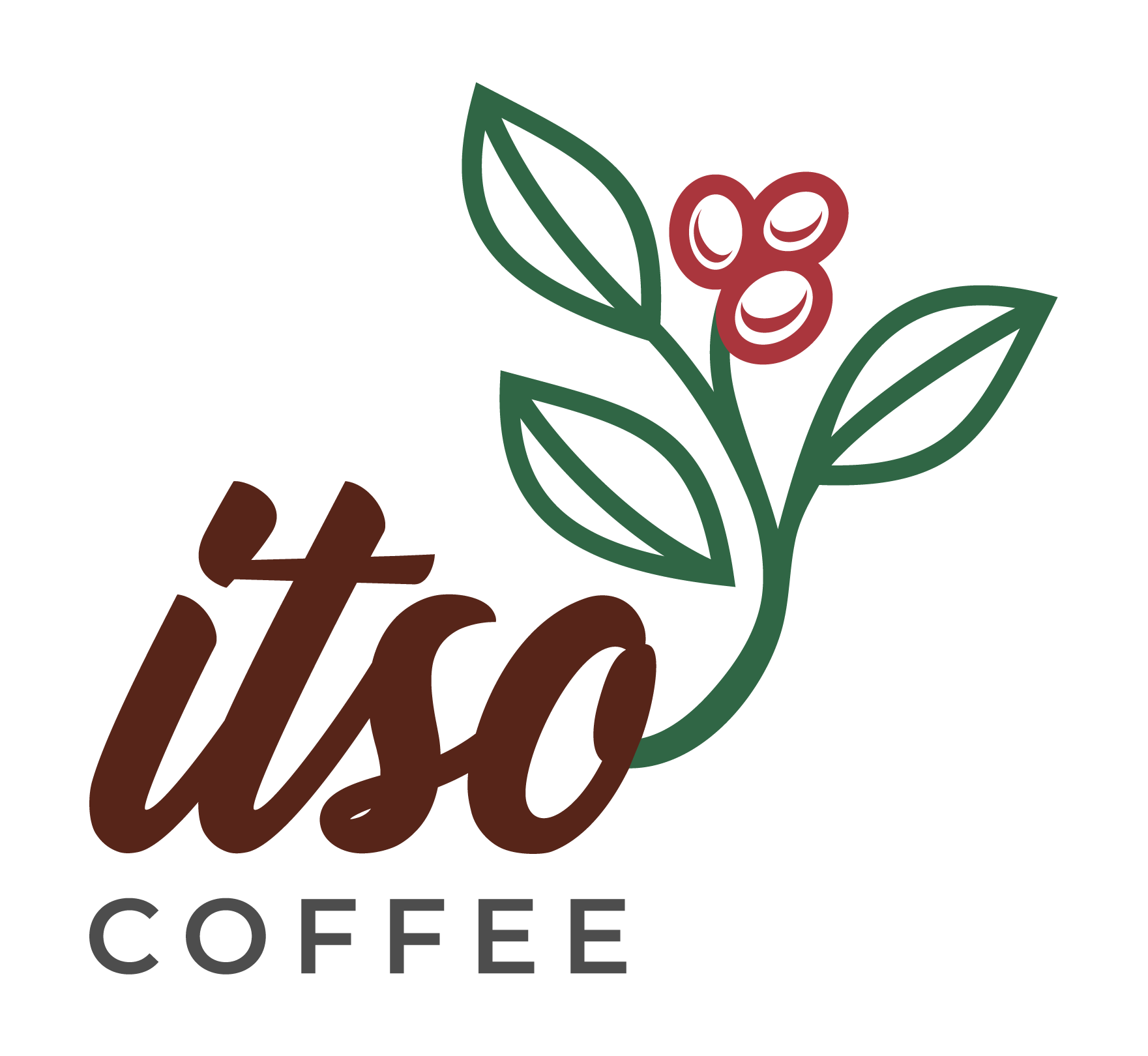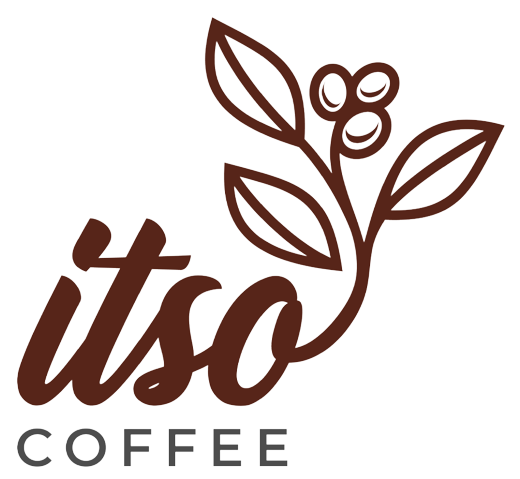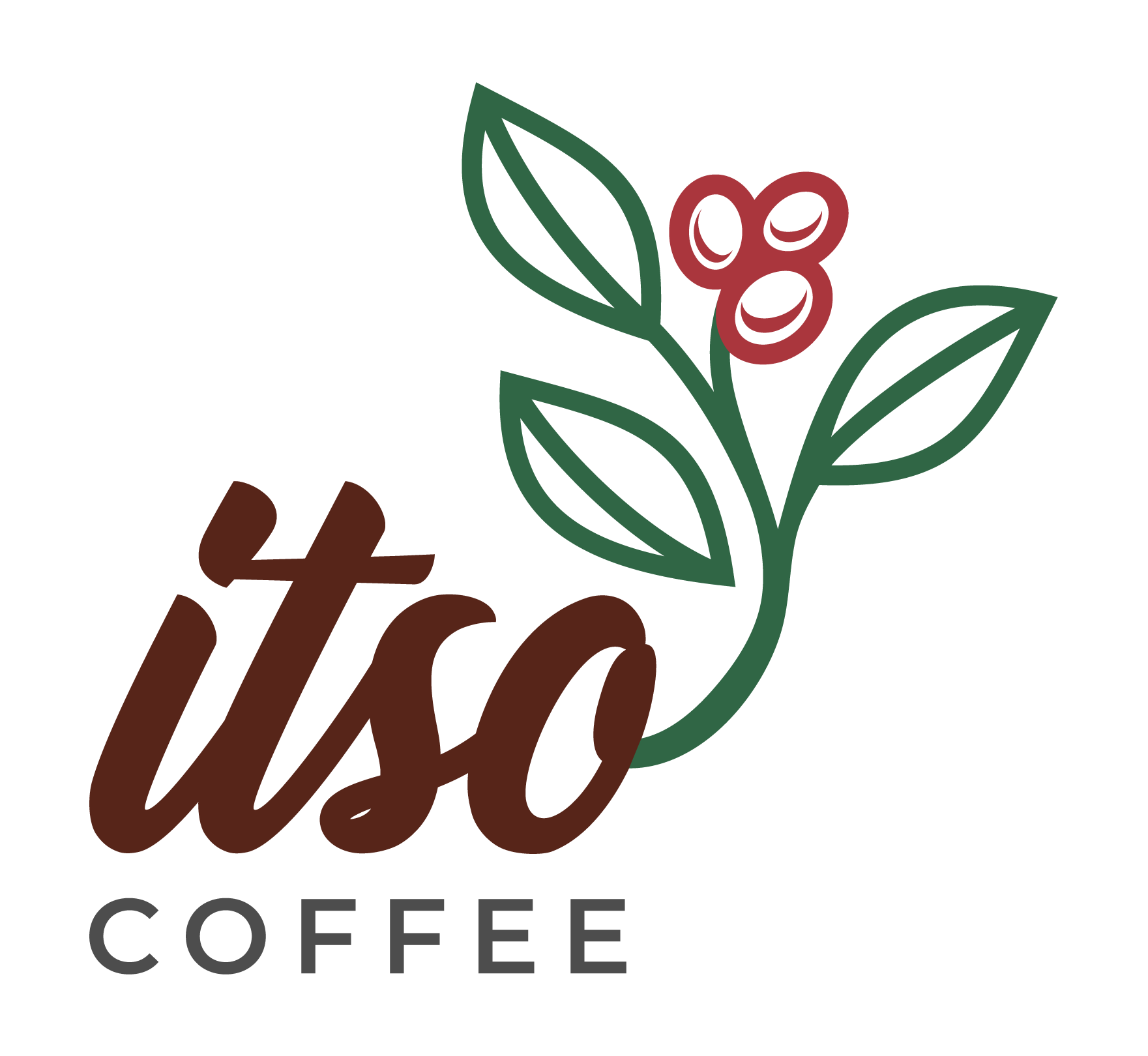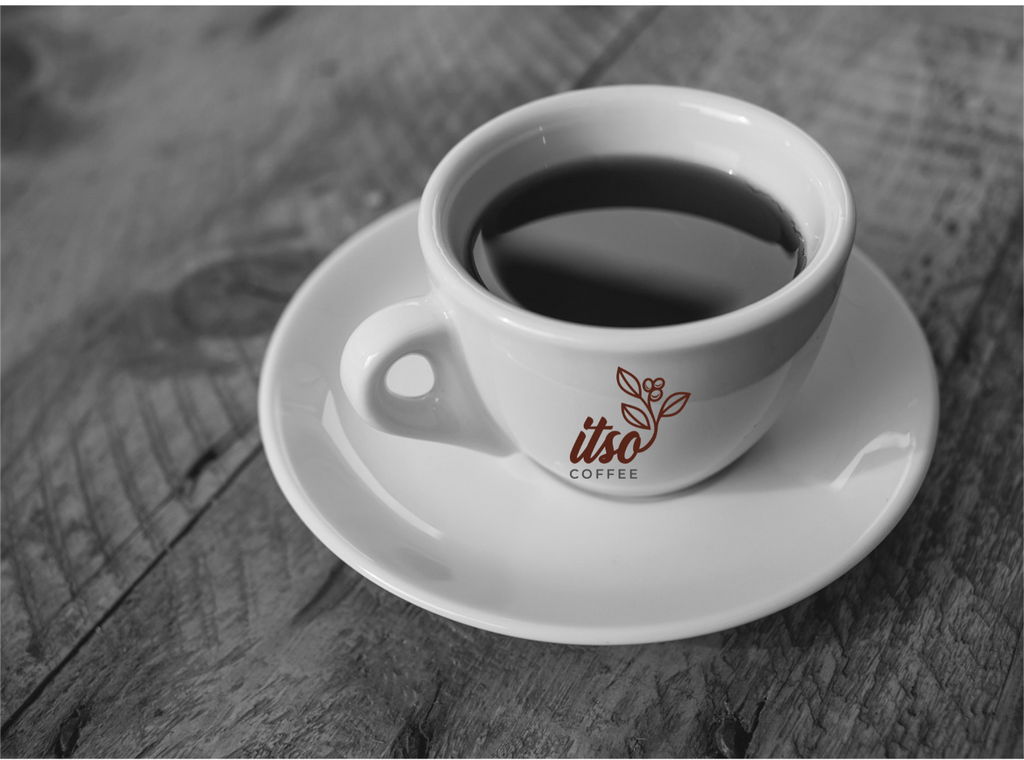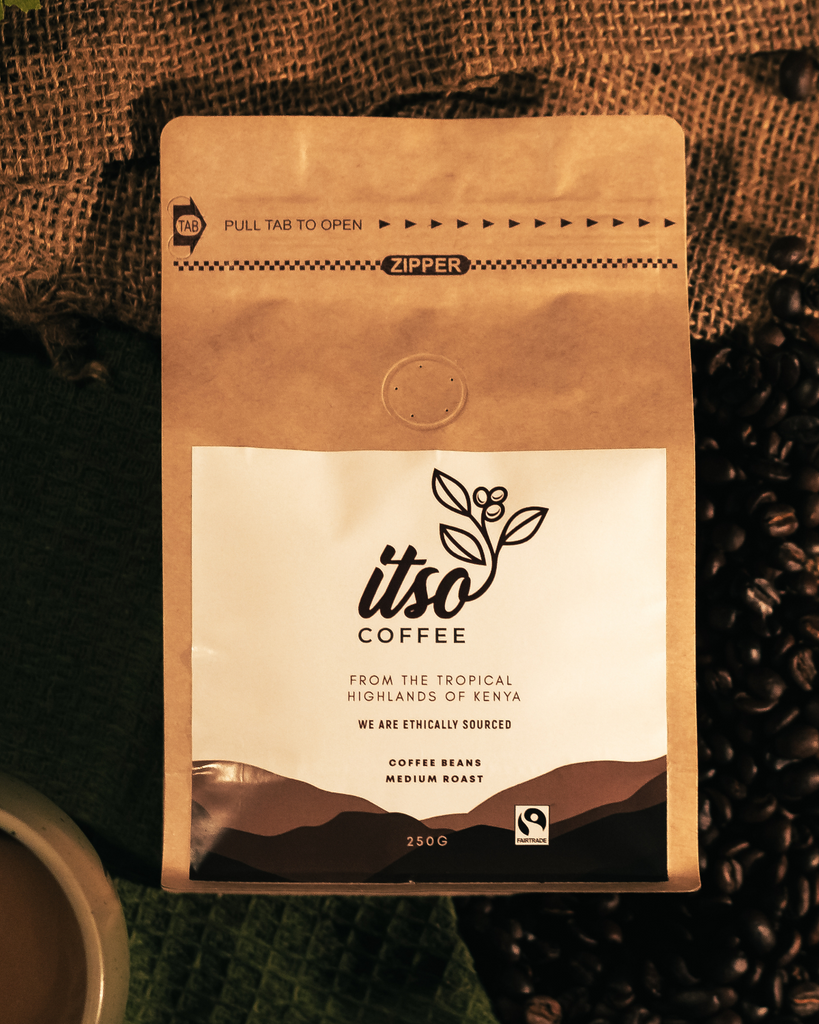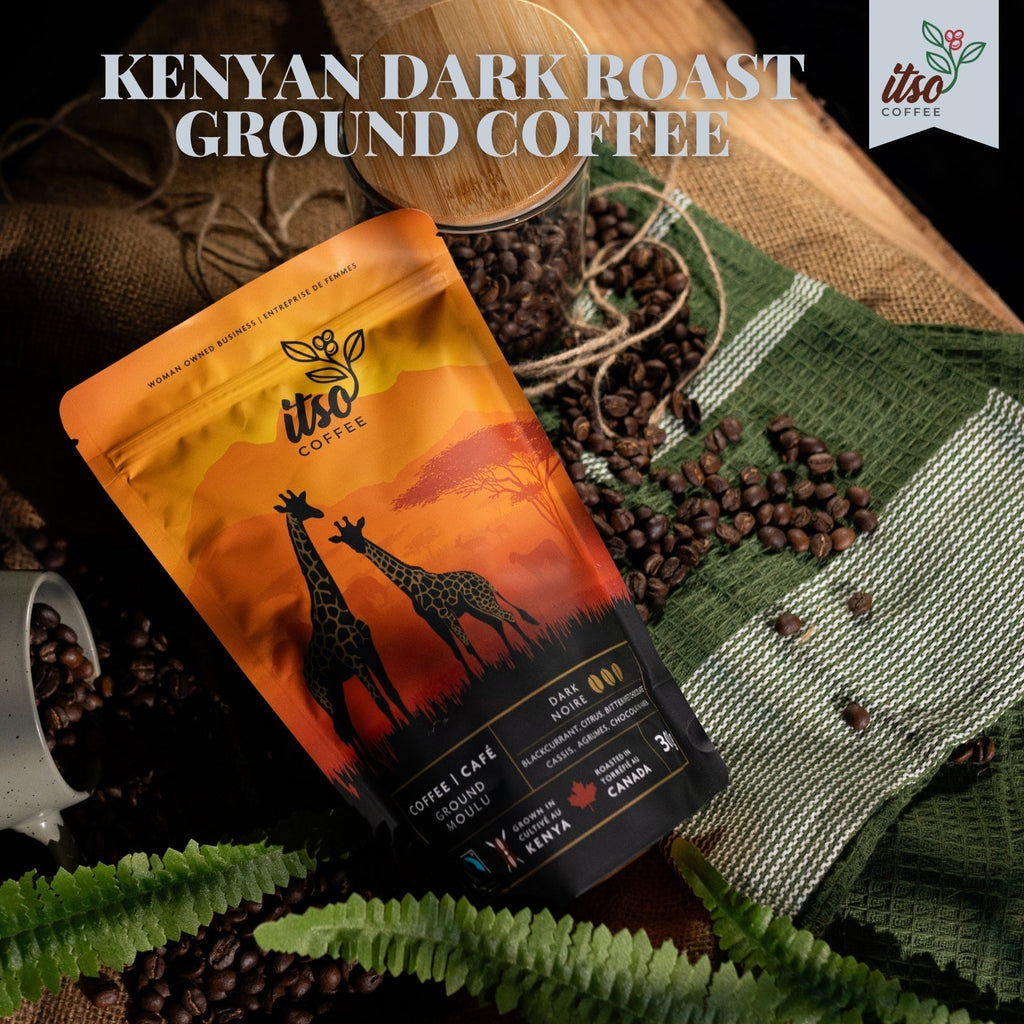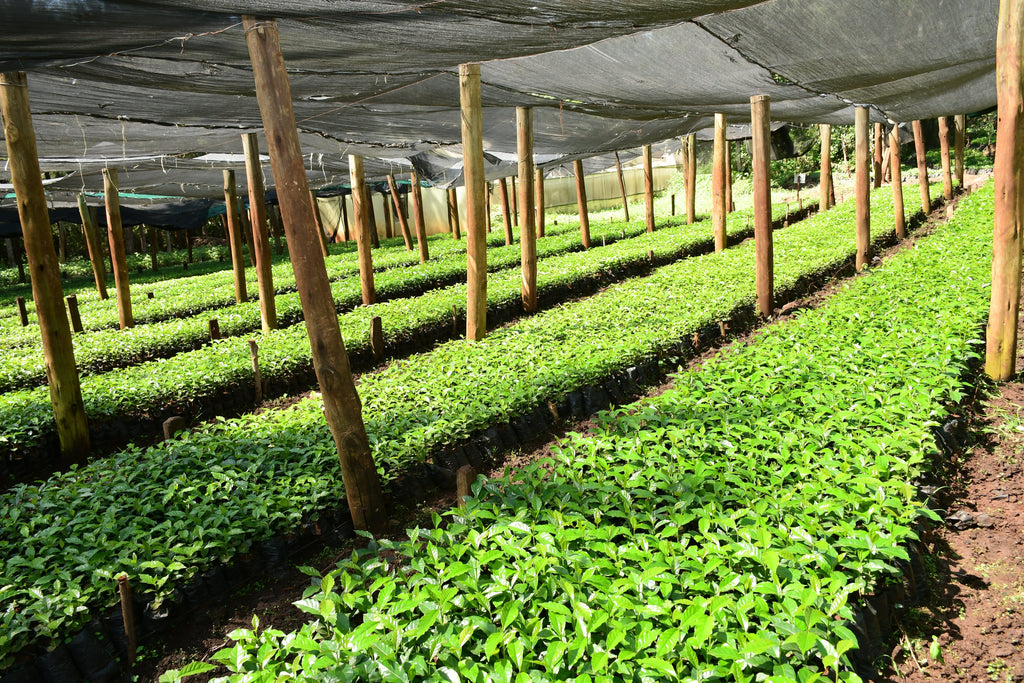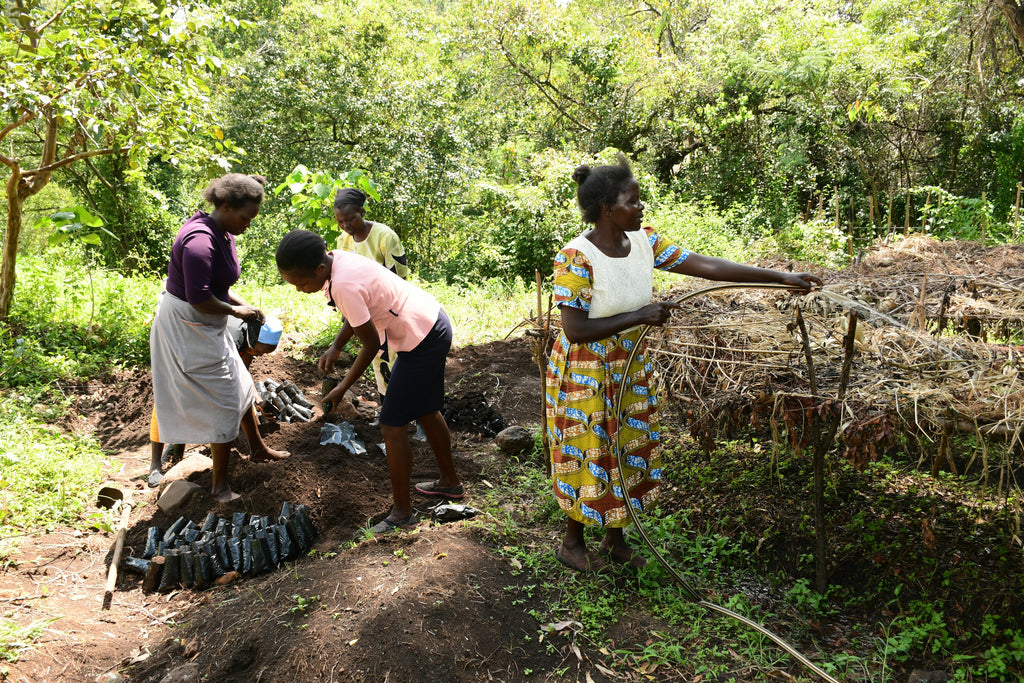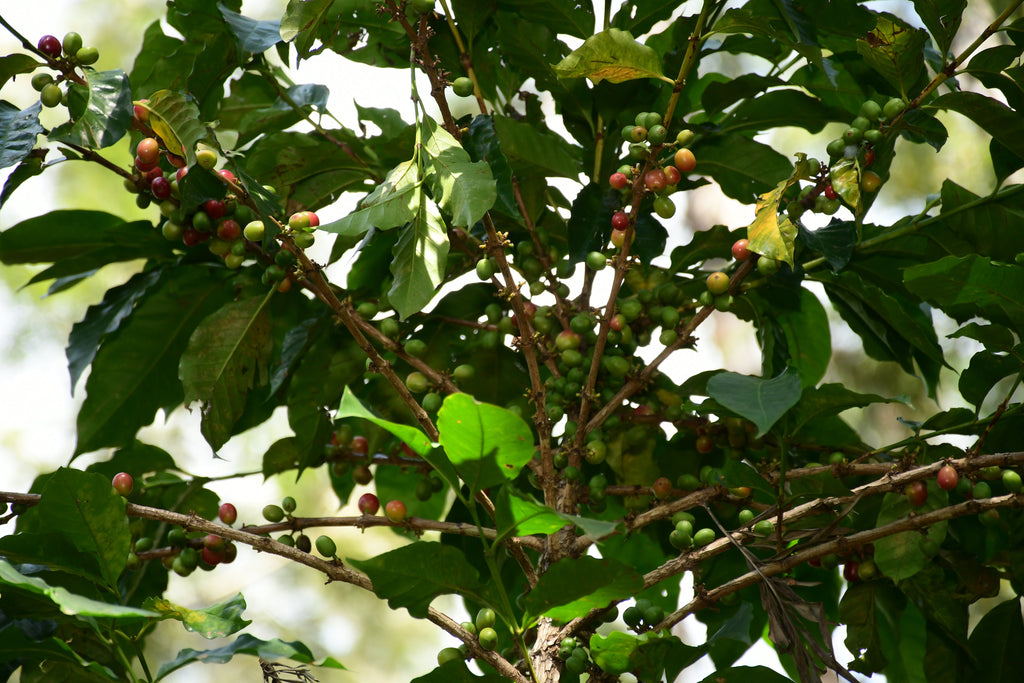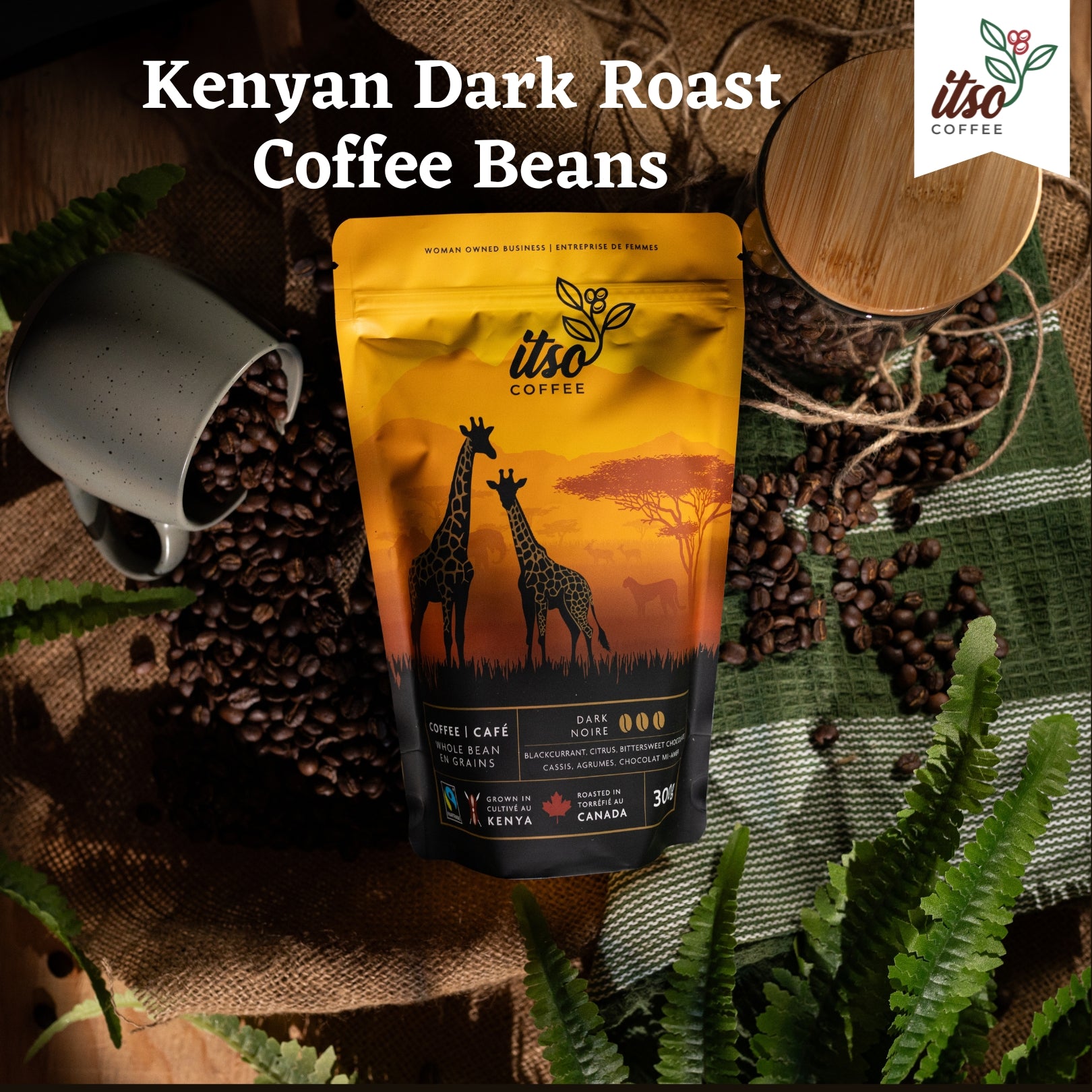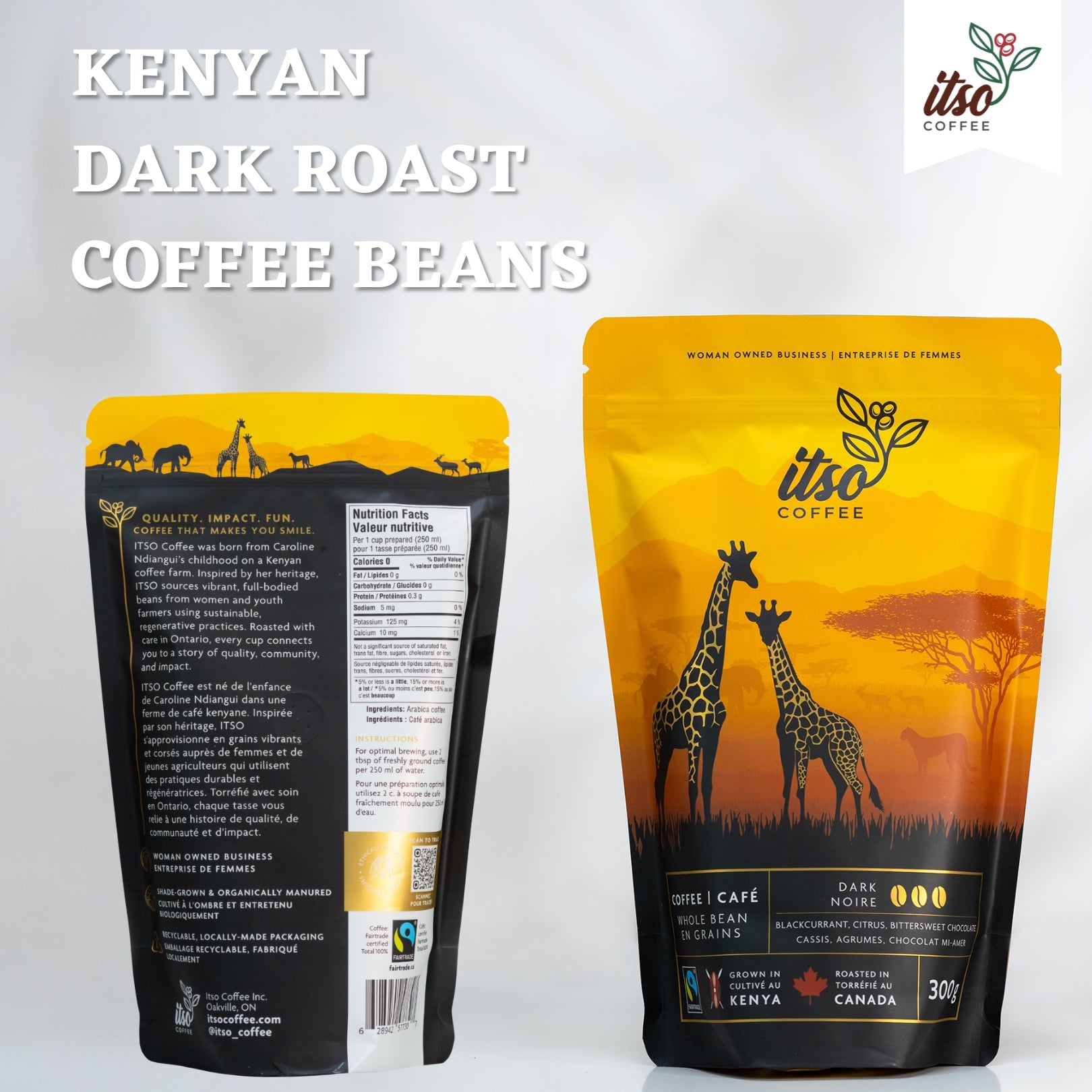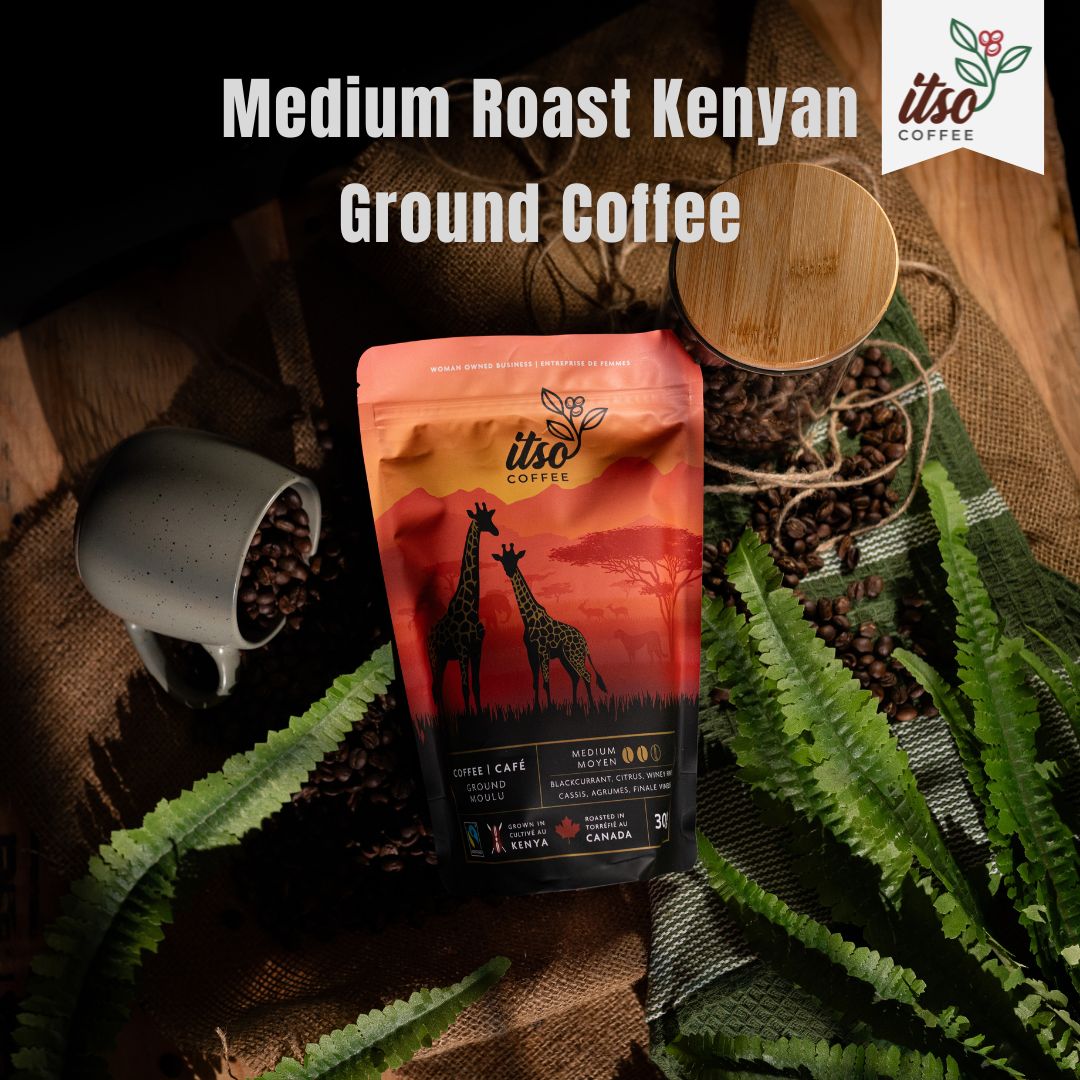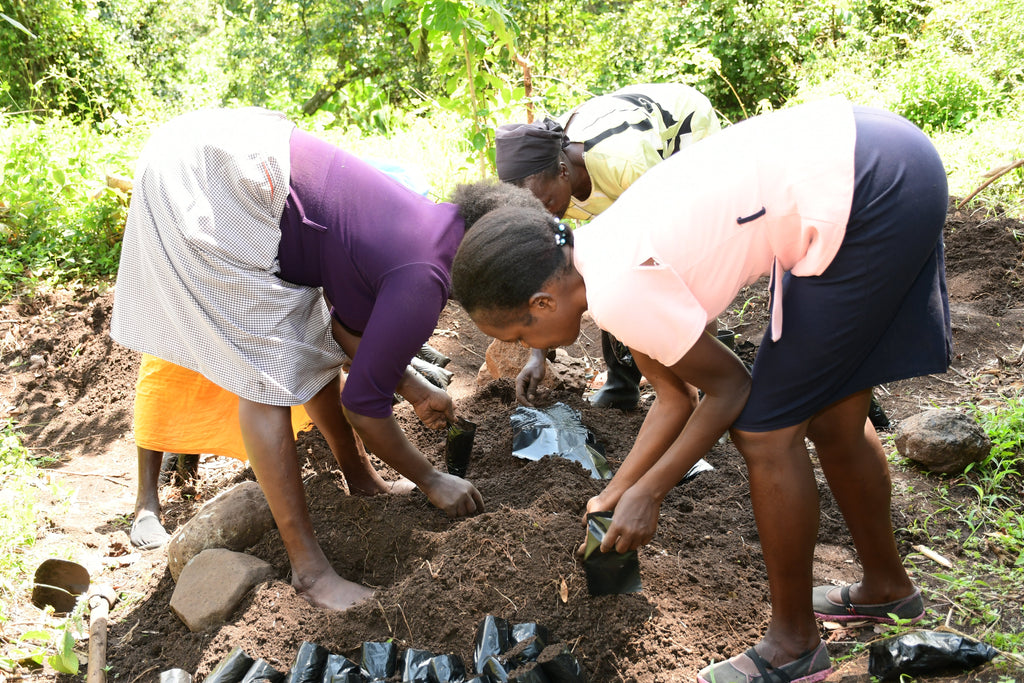
Ethical Coffee Choices: Why Kenyan Coffee from Women Farmers Matters?

Introduction
Coffee isn’t just a beverage — it’s a global story of people, culture, and purpose.
In Kenya, coffee is both a national treasure and a lifeline for thousands of families. Renowned worldwide for its rich flavor and complexity, Kenyan coffee has become a symbol of quality. Yet, behind every cup are women whose contributions have long gone unrecognized.
For decades, women farmers have been the backbone of coffee production — planting, weeding, and hand-picking cherries. Despite their effort, they often had limited control over income and decisions. Today, a new generation of women-owned coffee brands is changing this narrative and redefining what ethical coffee truly means.

Breaking Tradition: From Laborers to Leaders
Historically, Kenya’s coffee industry has been male-dominated. Women did most of the farm labor but rarely owned land or participated in cooperative leadership.
Now, women-owned coffee brands are transforming the system from within — moving from field workers to business owners and decision-makers. They manage farms, oversee quality control, and engage directly in global trade.
This shift represents more than gender equity — it’s economic empowerment. When women have ownership, they gain a voice in pricing, profit distribution, and community development.
From Farm to Global Market: Redefining Fair Trade
One of the most powerful changes led by Kenyan women in coffee is their move toward direct trade and Fairtrade partnerships.
By connecting directly with roasters and buyers, they eliminate middlemen — ensuring that more revenue flows back to the farmers who nurture the beans.
This model not only guarantees fairer prices but also builds transparency and trust between producers and consumers.
When you buy Fairtrade Kenyan coffee, you’re helping create a more equitable value chain — one where women farmers earn a living wage and reinvest in their families and communities.
Quality and Sustainability at the Core
Kenyan women entrepreneurs aren’t just changing business practices — they’re setting new standards for quality and sustainability.
Many women-led farms now focus on specialty-grade coffee, emphasizing traceability, freshness, and the unique flavor profiles of Kenya’s coffee-growing regions.
Their commitment goes hand-in-hand with eco-friendly farming practices such as:
- Organic cultivation that protects soil and biodiversity
- Shade-grown methods that preserve ecosystems
- Water conservation in coffee processing
- Minimal chemical use to ensure a cleaner, healthier cup
By prioritizing sustainability, women in coffee ensure that Kenya’s coffee heritage thrives for generations to come.
Empowering Communities, One Cup at a Time
When women succeed, entire communities rise.
Increased earnings from women-owned coffee businesses often fund education, healthcare, and infrastructure in rural Kenya. Women are also investing in training and leadership programs — empowering others with skills in finance, digital literacy, and sustainable farming.
The ripple effect is powerful: one woman’s success can uplift dozens of others. Each bag of coffee purchased from a women-led brand represents a step toward equality, dignity, and opportunity.
Why Ethical Coffee Choices Matter
Today’s coffee drinkers are more conscious than ever. They care about where their coffee comes from — and who benefits from each purchase.
By choosing ethically sourced, women-grown Kenyan coffee, you’re not just enjoying an exceptional cup — you’re making a stand for fairness, sustainability, and community empowerment.
Your choice supports an entire movement that values transparency, celebrates women’s leadership, and protects the environment.
Every sip becomes an act of purpose — proof that great coffee can do good.

Conclusion
The rise of Kenyan women in coffee marks a new era for the global coffee industry — one where equality, sustainability, and quality coexist.
By supporting Fairtrade and women-owned coffee brands, you help rewrite the story of Kenyan coffee from one of imbalance to one of empowerment.
So next time you pour a cup, remember: behind that aroma and flavor lies a story of hard work, resilience, and change — led by women who are shaping a fairer, more sustainable future for coffee.
☕ Choose ethically. Drink consciously. Empower boldly.
Want to learn more about empowering women in coffee? Check out our blog!
FAQs
1. What makes Kenyan coffee so special?
Kenyan coffee is known for its bright acidity, fruity notes, and full-bodied flavor — a result of high-altitude farming, volcanic soil, and careful processing.
2. How do women contribute to coffee production in Kenya?
Women handle most of the farm labor — planting, nurturing, and picking cherries — and are increasingly leading cooperatives and running their own coffee brands.
3. What does Fairtrade mean for women farmers?
Fairtrade ensures fair wages, safe working conditions, and sustainable farming practices, giving women financial independence and community influence.
4. How can consumers support women in coffee?
Buy from women-owned Fairtrade coffee brands, share their stories, and spread awareness about ethical sourcing.
5. Is ethical coffee more expensive?
Often slightly — but the difference funds fair wages, eco-friendly farming, and a better life for coffee growers.
For more information visit our Facebook Page.
